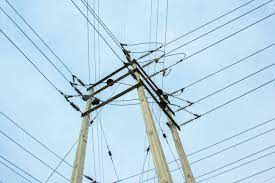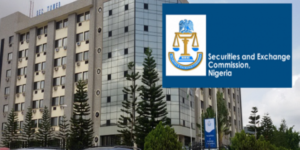
Former Managing Director of the defunct National Electric Power Authority (NEPA)/Power Holding Company of Nigeria (PHCN), Joseph Makoju, has said that Nigerians must be willing to pay for electricity, otherwise, a liquidity crisis may persist in the sector.
According to him, consumers must see the provision of electricity as a business and not a public utility or service.
Speaking at the opening ceremony of the third meeting of the West African Power Pool (WAPP) directors of finance in Abuja, Makoju insisted that the business of electricity provision is not charity.
“The power business is not a charity. It is a business. The perception of the power sector as a public service continues to make it challenging to operate,” Makoju, an honorary member of the WAPP said.
He said the greatest challenges of the sector remained illiquidity, stressing that companies in the region must develop capacities to improve revenue.
Chairman of WAPP, who is the managing director of the Transmission Company of Nigeria, Dr Sule Abdulaziz, stressed the need for timely payment of contributions to the pool.
According to him, the move will ensure effective coordination of activities on a sustainable and timely basis.
Abdulaziz who was represented by the executive director, Transmission Service Provider, Victor Adewumi, said: “Finance, we all know, is a critical aspect of running any and every organisation or pool such as the WAPP, we must play our roles diligently even as our project financiers continue to finance our projects.
“Efficiently financing the Secretariat of the West African Power Pool cannot be overemphasized. It is quite essential to the entire process of advancing the building of a robust power pool for the West African region.
“Without adequately financing the secretariat, we cannot ensure the proper supervision of ongoing projects in the POOL, funding is fundamental in this regard and for the sustenance of qualified and knowledgeable hands needed to run the system. It is also essential in the payment of salaries of the secretariat staff, financing meetings, among others,” he said.
Abdulaziz urged the finance directors of all the countries of WAPP to deliberate and carefully map out a clearer path to solving the issue of consistent contributions by all member utilities, to ensure that those assigned the duty of running the secretariat do it with confidence.
“It is important to note that this is a critical issue in the growth of the WAPP, because, without sustained human capital, who to effectively supervise and coordinate the implementation and monitoring of the projects on behalf of all the member utilities, we cannot have a very effective POOL that the founding fathers of the WAPP so desired,” he charged.







